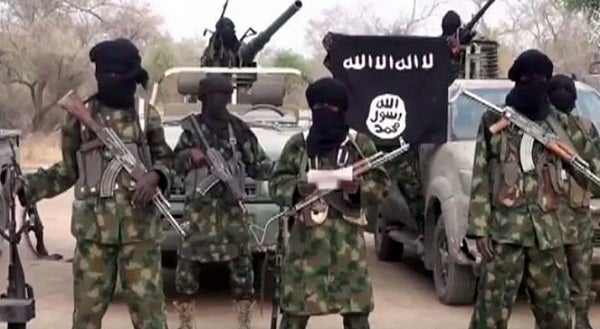Boko Haram Inflicts Casualties on Chadian and Nigerian Armies – New Developments Threaten International Cooperation
On 23rd March, Boko Haram, the West African terror group that is affiliated with the Islamic State, launched attacks on the military forces of Chad and Nigeria causing multiple casualties.
In Chad the group attacked an army base located on the Boma Peninsula, in Lac province, which borders Niger and Nigeria. The seven-hour battle resulted in what the Chadian President, Idriss Deby Itno, described as “..the first time we have lost so many men.” In total 98 Chadian soldiers were killed and the forces sent to relieve the garrison also came under attack.
The battle was a sign of the growing power of Boko Haram in the area which has been spreading its influence throughout West Africa for the last decade and engaging in acts of kidnapping, terrorism and radicalisation throughout an increasingly large swathe of territory.
To reinforce this point, on the same day between 50 and 75 Nigerian soldiers were killed in an ambush while engaged in an anti-terror sweep in Borno State in Nigeria’s northeast.
According to an official speaking anonymously to The Associated Press, the troops were ambushed with RPG and heavy small arms fire before being able to fight their way out. The Nigerian Air Force then responded, though there are no reports on Boko Haram casualties.
In response to the attack on their forces, Chad launched a sweep on 31st March which, they claim, resulted in 1,000 enemy dead at the cost of 52 Chadian soldiers. There is no independent verification of these figures.
However, on 14th April Chad announced that they would no longer commit troops to fighting Boko Haram outside of their country, a repudiation of a 2015 international agreement between Cameroon, Chad, Niger, Nigeria and the Republic of Benin.
This is potentially a serious blow to dealing with the group which, according to the United Nations, has killed 36,000 people and displaced close to 2 million people in north eastern Nigeria alone since beginning its insurgency in 2009.

